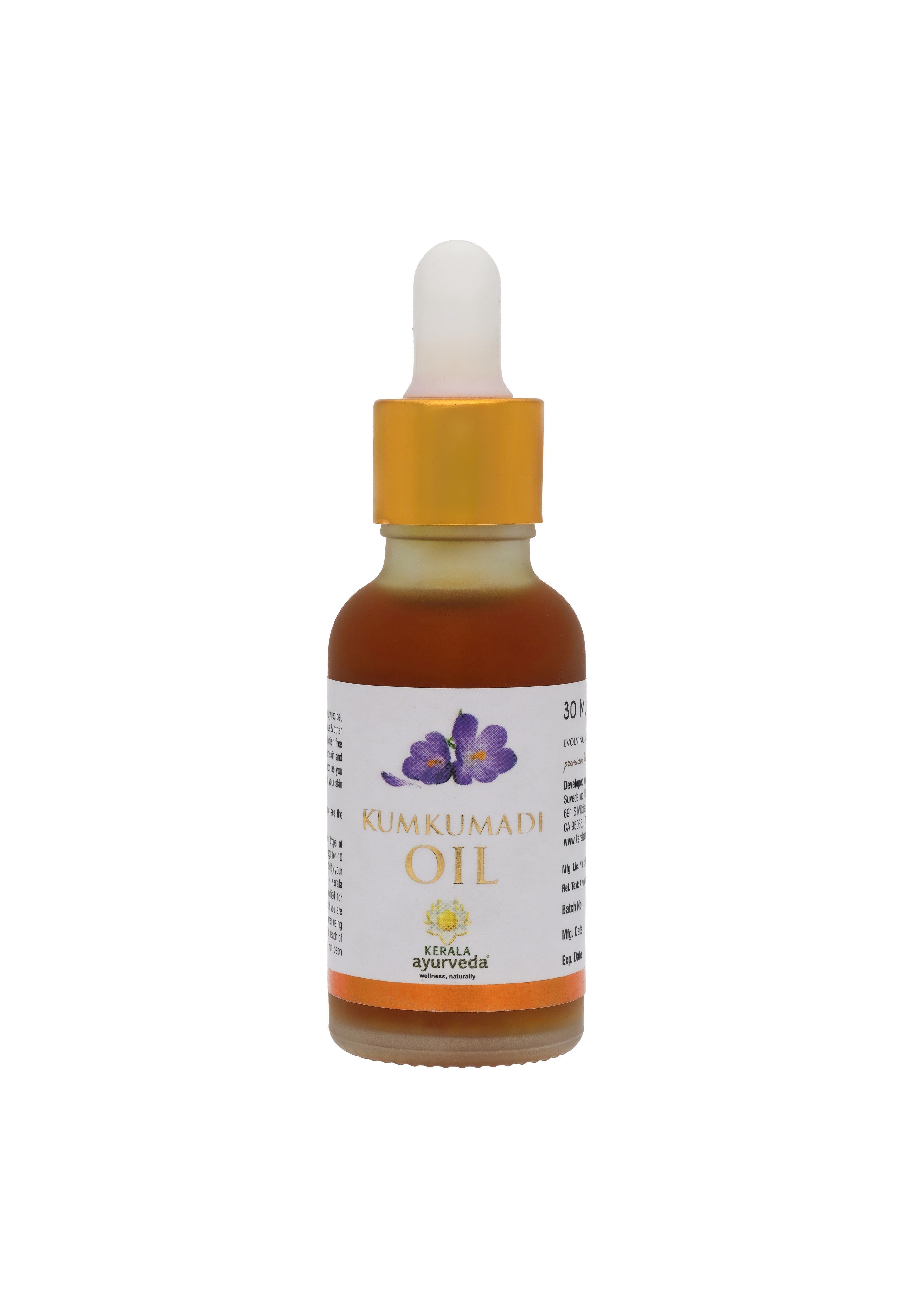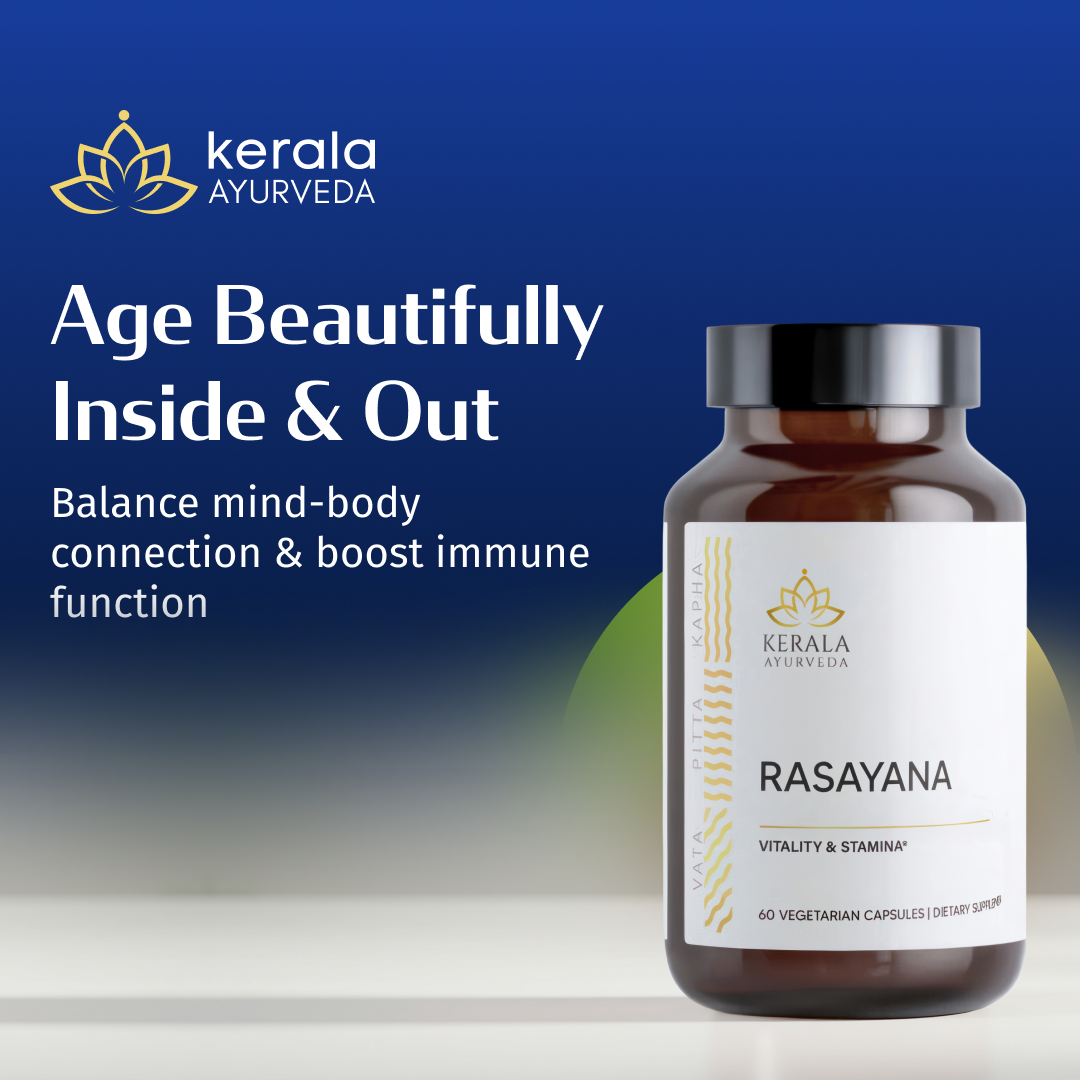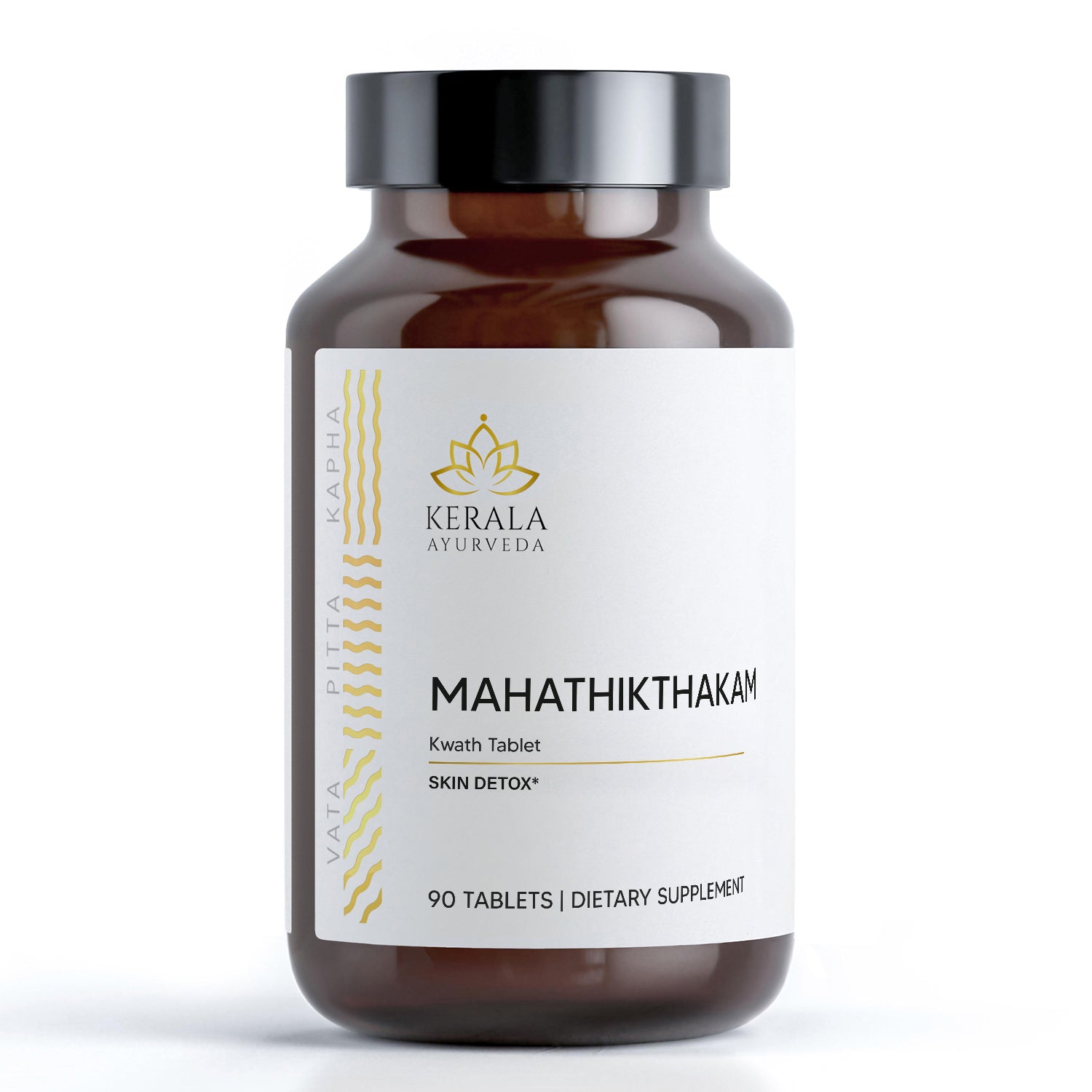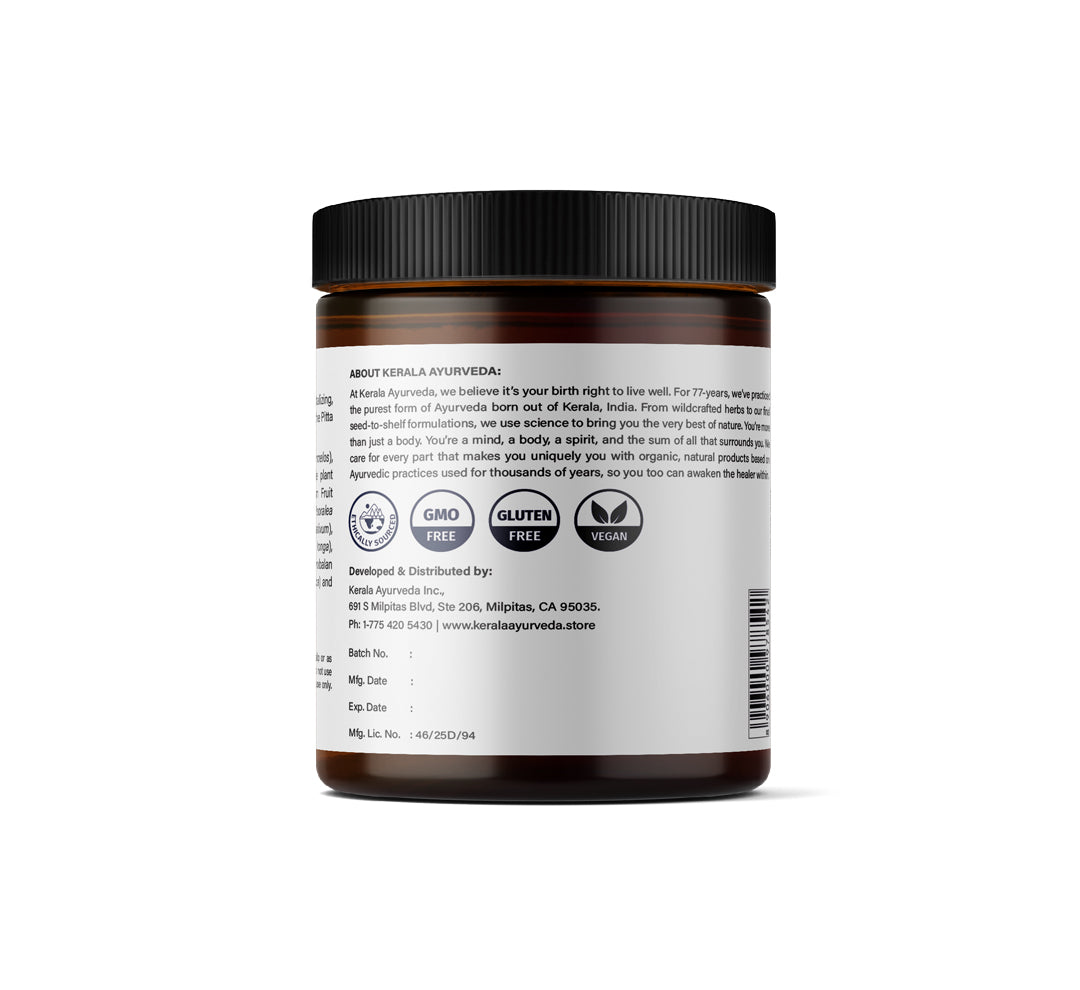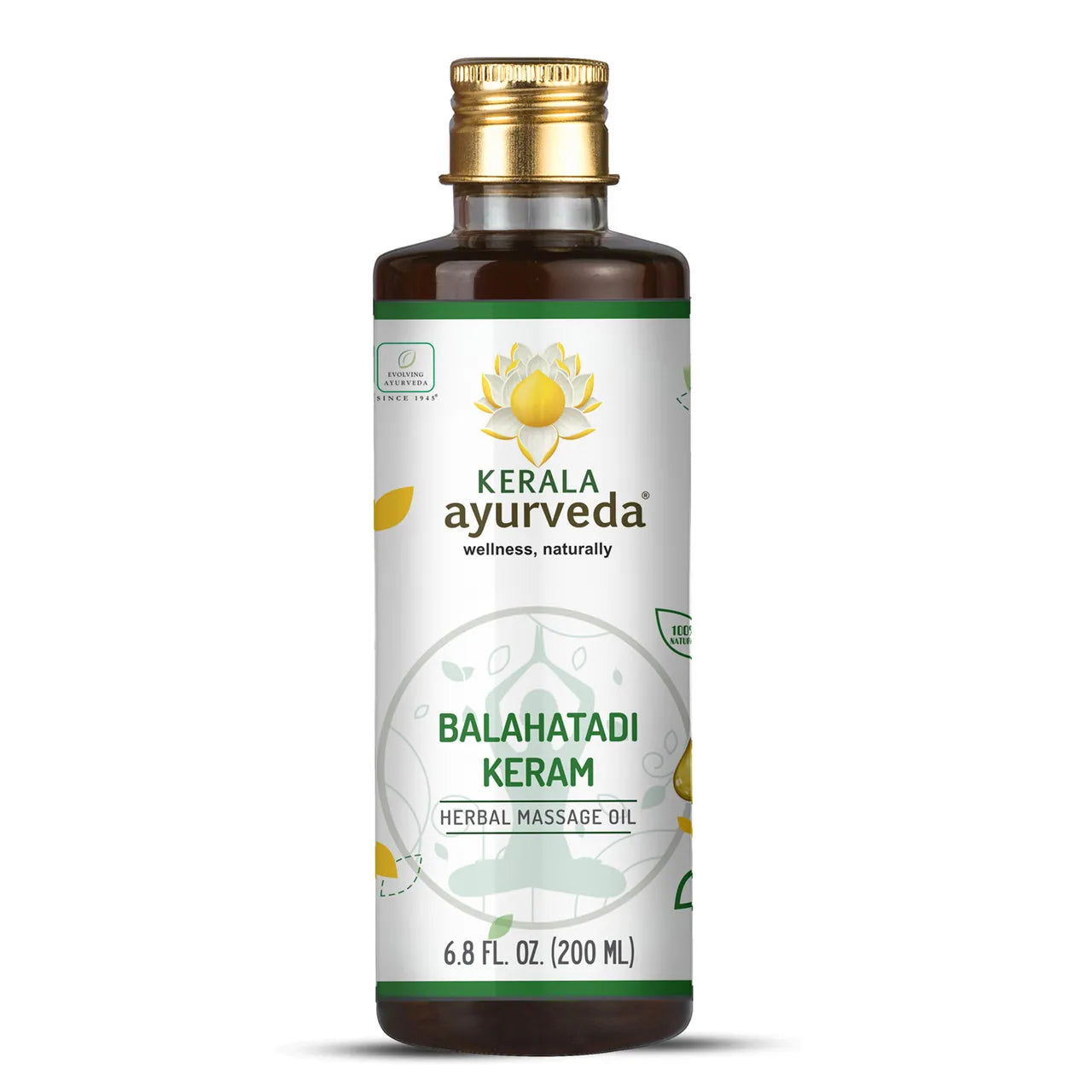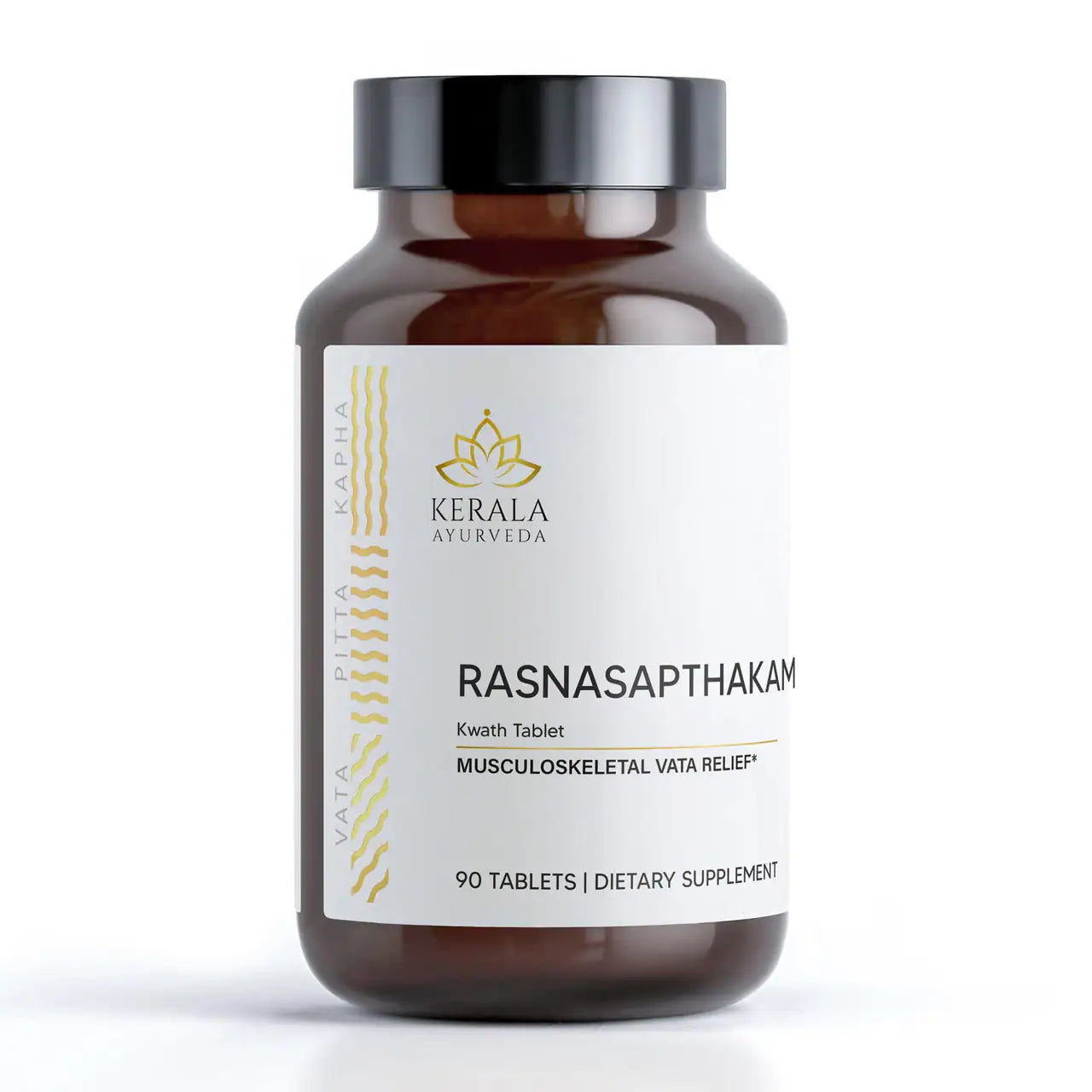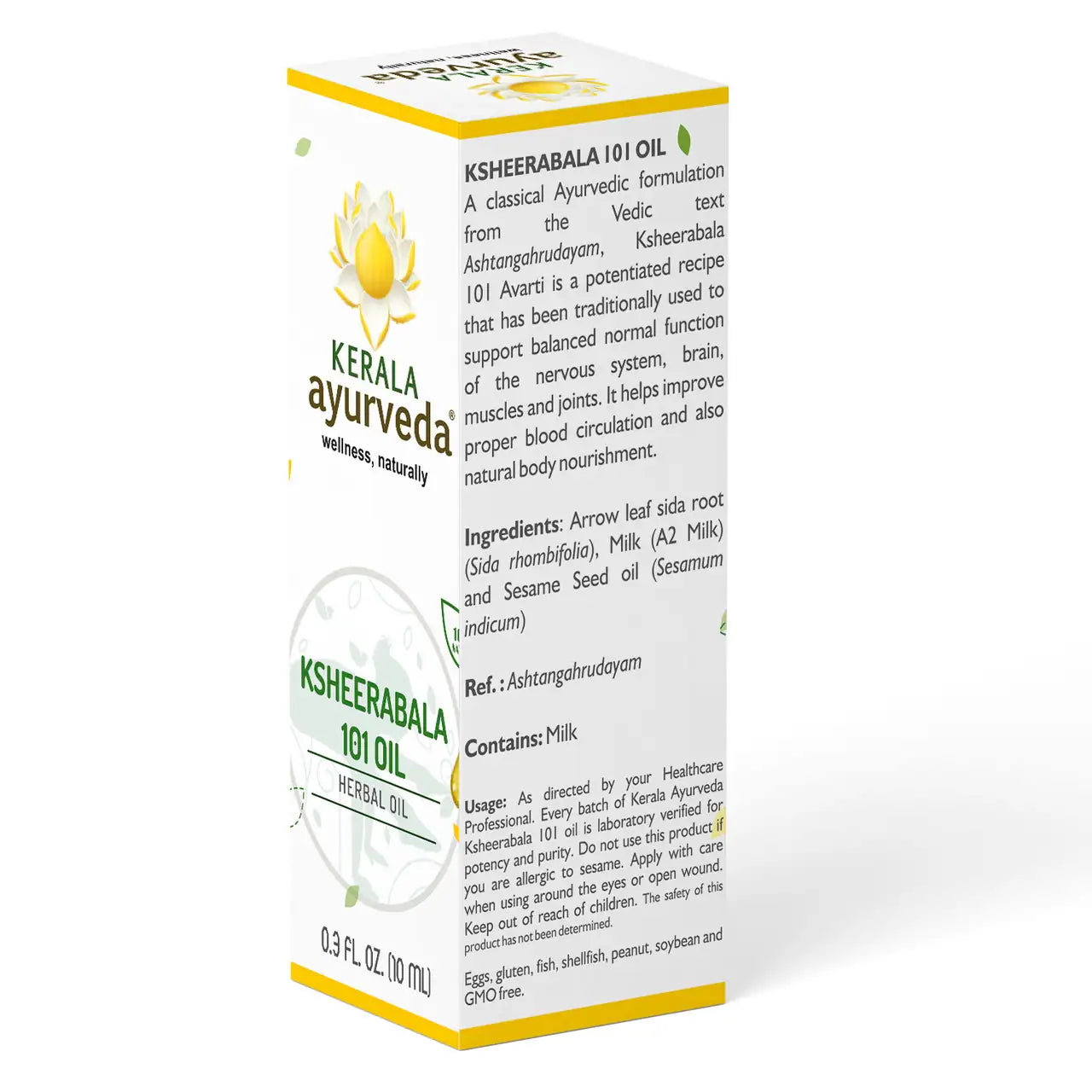Highlights
Doshas tell you so much more than just your body’s constitution. They also reveal personality traits. For example, if you’re a Pitta dosha, Ayurveda knows you’re naturally inclined to be tenacious, strong-willed, and intelligent.
The Ayurvedic approach to eye health
Ayurveda, the traditional system of medicine in India, offers a holistic approach to eye health that emphasizes maintaining overall health and balance in the body. Using the principle of Tridoshas, Ayurveda explains how health is a result of the balance between the elements, which manifests as Doshas in the human system. There are three Doshas: Vata, Pitta, and Kapha. The blend and balance of these Doshas are unique for each individual.
According to Ayurveda, the eyes are governed by the Pitta Dosha, which is made up of fire and water elements. By balancing Pitta Dosha, you can support eye health as well as the health of your whole system. This is the hallmark of holistic health -- addressing the part and the whole simultaneously. This is achieved through a variety of lifestyle interventions and herbal support, including diet and supplements for eye health. Ayurvedic herbs for eyes can support general health as well as address imbalances like eye strain.
Diet and nutrition for eye health
You may have heard that carrots are good for eye health, and Ayurveda agrees! Carrots contain Beta Carotene, a precursor to vitamin A, which is essential for good vision. They are also sweet and cooling in nature, which help to balance Pitta Dosha.
Foods that balance Pitta Dosha and support eye health:
- Sweet vegetables like carrots, sweet potatoes, and beets
- Bitter vegetables like asparagus, cucumber, leafy greens (e.g. spinach, kale), and zucchini
- Cooling fruits like sweet apples, pears, melons, coconut, and mangoes
- Ghee when consumed in moderation
- Spices like cumin, cardamom, fennel, and coriander
- Herbal teas like rose, mint, and chamomile
The best tastes for eye health
Sweet and bitter tastes are mentioned above in the foods for balancing Pitta. Ayurveda teaches us that there are six tastes or rasas - pungent (or spicy), sweet, bitter, astringent, sour, and salty. These tastes have unique elemental qualities, which means that more or less of a particular taste in your diet will impact your balance of Doshas. Sweet and bitter reduce excess Pitta Dosha, which is why they’re helpful for eye health. Sour, salty, and pungent increased Pitta Dosha, so you may need to reduce these three tastes if you are consuming them in excess.
Mealtimes for balancing Pitta Dosha
Your digestive fire, known as Agni, is ruled by Pitta Dosha. Too much or not enough fire are both forms of imbalanced Pitta. One of the best ways to modulate Pitta is through the proper timing of your meals. This may take some practice to build a routine, but once you’re accustomed to regular mealtimes, you’ll notice that your hunger comes “right on time.” According to Ayurveda, it’s important to eat three times a day: breakfast, lunch, and dinner. Breakfast is best between 6-9am, Lunch between 11am-2pm, and dinner between 5-8pm. Try to avoid eating in between meals unless you have a healthy snack to tie you over between your larger meals.
Sleep rhythms for eye health
If you have ever experienced eye strain when you didn’t get enough sleep, you understand how vital rest is for eye health. The quantity and quality of sleep are both important. To get enough good sleep, Ayurveda recommends going to bed by 10pm and rising early, ideally before or with the sunrise. This ensures you get enough sleep, and sleep during the right time for optimal sleep quality. Following this circadian rhythm allows your system to regulate hormones and digestive fire for your overall health, including your eye health. Between the hours of 10pm to 1am, Pitta Dosha is active in the body, but it needs you to be asleep to do its job. This is because the body is going through a detoxification process as your liver fires up to process, sort through, and expel what you don’t need. Eyes also need to detox after a day of use. Late nights force your eyes to work beyond their natural threshold, which can lead to dryness and fatigue.
If you are having trouble falling asleep, consider some of the ways in which you may be overstimulating your eyes and mind. Electronic screens and devices emit light and energetic frequencies which can contraindicate sleep. If you feel restless at the end of the day and are tempted to stream a series or scroll on your phone, try another activity that is more sleep-friendly like reading, journaling, or a crossword puzzle.

Cleansing and protecting the eyes
Keeping eyes clean begins with keeping harmful energies and debris out of them. Wear sunglasses and protective goggles if you are engaging in activities that may expose them to foreign particles like walks in busy traffic, entering a construction site, or house cleaning. Light-blocking glasses can be worn to block harmful light from devices. You can also cleanse the eyes regularly. Ayurveda recommends herbal eyewashes as a daily morning practice using a mixture of Triphala (an herbal blend of dried fruits - amlalaki, bibhitaki, and haritaki).
For deeper cleansing, an Ayurvedic Panchakarma technician can perform Netra Basti therapy. Netra Bast involves creating a reservoir of warm, herbal ghee around the eyes. The warmth of the oil or ghee helps to increase blood circulation around the eyes, relaxes the eye muscles, and rejuvenates the eye tissues. The herbal properties of the oil or ghee nourish and strengthen the eyes, alleviate dryness and strain, improve vision, and promote overall eye health. Our Wellness Center in Milpitas, CA offers this therapy upon recommendation from an Ayurvedic practitioner for various eye conditions such as dry eyes, eye strain, burning, itching, and fatigue. Netra Basti should always be performed by a trained Ayurvedic practitioner for accurate recommendation and customization.
Eye ‘yoga’ and exercises
There aren’t any documented “eye yoga” exercises in the ancient Vedic texts, though eye exercises are currently promoted under this label and can be helpful for eye health. These exercises may involve various eye movements and focusing techniques that help strengthen the eye muscles, increase flexibility, and reduce eye strain.
Eye yoga exercises are often used as a natural remedy for common eye problems such as eye fatigue, eye strain, dry eyes, nearsightedness, farsightedness, and astigmatism. They are also believed to improve blood circulation to the eyes and enhance overall eye health. Some common eye yoga exercises include blinking exercises, eye rotations, focusing on near and far objects, eye massages, and palming (covering the eyes with palms to relax them).

Supplements for eye health
In addition to the foods and spices mentioned above for eye health, there are several herbal formulations and supplements you can incorporate into your diet. Haritaki, saffron, Turmeric, and Amalaki are renowned for supporting eye health.
Kerala Ayurveda offers two proprietary formulations made up of natural, high-quality Ayurvedic herbs. Eye Clear tablets include a special blend of two sustainably produced and ethically harvested varieties of marigolds. The marigold extract is a potent source of Macular Carotenoids, Lutein, and Zeaxanthin. These compounds are known for their natural protective properties for eyes, which help filter the light emitted from digital devices, UV rays, glare, and natural photo stress recovery support. Triphala, mentioned above for eye cleansing and Amla support the ocular muscles. Turmeric also works synergistically with other herbs to support healthy blood sugar balance, which has been shown to support healthy vision.
Digi Eye Defense capsules are another proprietary blend designed to protect the eyes of those who spend long hours in front of screens. Digi Eye helps replenish the essential nutrients in the eyes needed to filter out harmful light.
Dietary, herbal, and lifestyle interventions are all excellent natural ways of supporting your eye health. It’s important to also seek professional medical help if you are experiencing eye imbalances. If you notice any sudden changes in your vision, seek medical attention.




